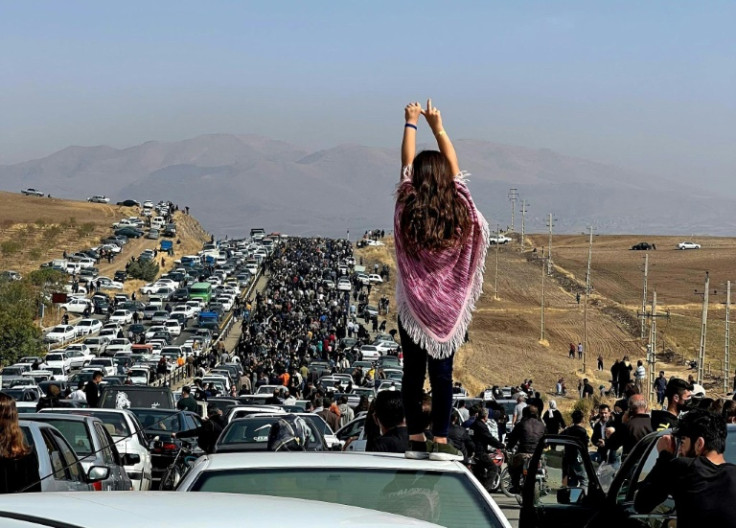Iranian schoolgirls being poisoned to stop them from going to school, confirms minister
An investigation has been launched into the matter.

Iran's deputy health minister, Younes Panahi, has confirmed reports that claimed schoolgirls in some cities are being poisoned for taking part in protests against the mandatory hijab.
The reports have emerged from the holy city of Qom and the city of Borujerd, but mainly from Qom, which is home to Iran's clergy and theological seminaries.
"After the poisoning of several students in [the city of] Qom ... it was found that some people wanted all schools, especially girls' schools, to be closed," the minister told the local media yesterday.
He added: "It has been revealed that the chemical compounds used to poison students are not war chemicals...the poisoned students do not need aggressive treatment and a large percentage of the chemical agents used are treatable."
The revelation comes after several cases of respiratory poisoning emerged from these two cities. The authorities, however, have not yet accused anyone directly. There is also no information as to how the girls were poisoned.
An investigation has been launched into the matter after parents held protests outside the governor's office in Qom. Several schools have been closed since the probe is still underway.
According to The Guardian, a doctor who treated some of these schoolgirls believes an organophosphate agent was used to position the girls in order to scare them.
"Never before have I treated someone who was poisoned with organophosphate agents. The only cases I treated were workers who were exposed to these agents in agricultural pesticides," the doctor told the publication on condition of anonymity.
The reports of poisoning come against the backdrop of Iran witnessing massive protests over the death of a young woman named Mahsa Amini.
It may be remembered that the protests started back in September following the death of Amini. She died shortly after being beaten while in the custody of the country's morality police, who arrested her for breaching laws pertaining to the hijab. Her death sparked protests all over the country as well as in Iranian communities abroad.
The Iranian regime has taken all sorts of measures to quell the protests, but to no avail. The crackdown on activists and protestors has only strengthened Iranians' resolve to continue their fight against conservatism.
Cultural restrictions have been a regular feature of Iranian life since the 1979 Islamic Revolution. The state's morality police roam the streets and have the right to arrest women who are not wearing a hijab and detain men with unconventional hairstyles.
The mandatory dress code requires women to cover their hair and neck with a headscarf. The morality police formally called "Gasht-e Ershad" (Guidance Patrols), have the power to stop and detain women whom they think are not properly dressed.
© Copyright IBTimes 2025. All rights reserved.






















